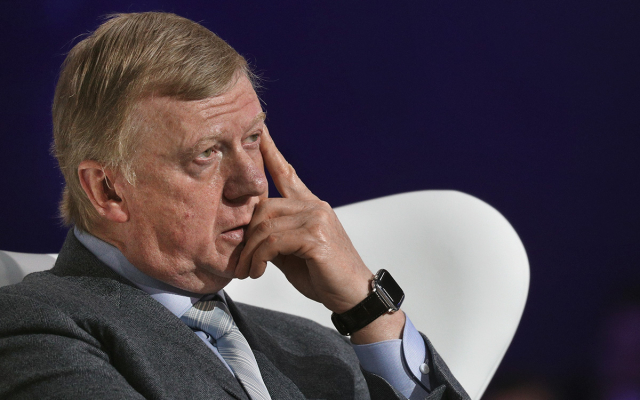The ex-head of Rusnano compared the energy transition with the information revolution of the XX century. A country that does not complete this process will look like it would look now without the Internet, he believes
A country that rejects a new industrial revolution in 20 years will look something like what it would look like now without the Internet. This opinion was expressed on his Facebook page by Anatoly Chubais, the special representative of the President of Russia for relations with international organizations on sustainable development.
Discussing Bill Gates' book "How to Avoid a Climate Catastrophe," Chubais said that "the unfolding industrial revolution, which was called the "energy transition," is comparable in recent history, perhaps, only with the information revolution that we have experienced." According to the ex-head of Rusnano, he has long been interested in the opinion of Gates, the "key founding father" of this revolution.
At the end of December, Chubais called the definition of energy transition goals the most important achievement of Russia in the past year. "We did not have a goal setting in the energy transition until 2021, today we have it in an absolutely recognized international format, and this is one of the most important achievements of the outgoing year," he said in an interview with TASS . Chubais also noted the statement of President Vladimir Putin, who announced plans for Russia to become carbon neutral by 2060.
The ex-head of Rusnano compared this achievement with the situation of 1991-1992, when a fundamental decision was made to build a market economy.
Earlier, the First Deputy Prime Minister of Russia Andrei Belousov estimated the cost of global energy transfer for the country at about 90 trillion rubles. Assuming that this process takes 28 years, Russia will spend about 3.2 trillion rubles on it annually, or less than 3% of GDP.
Artem Filipenok






